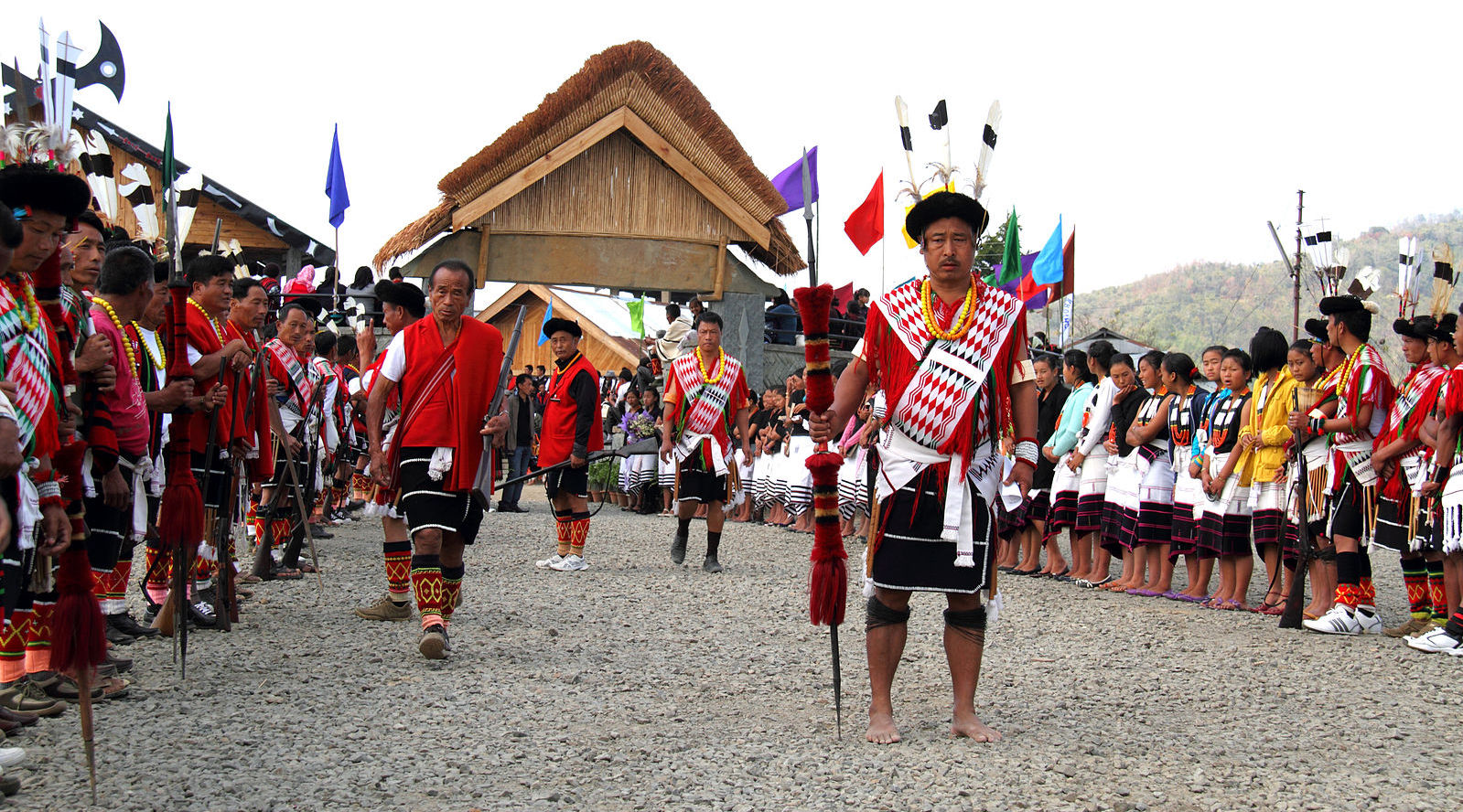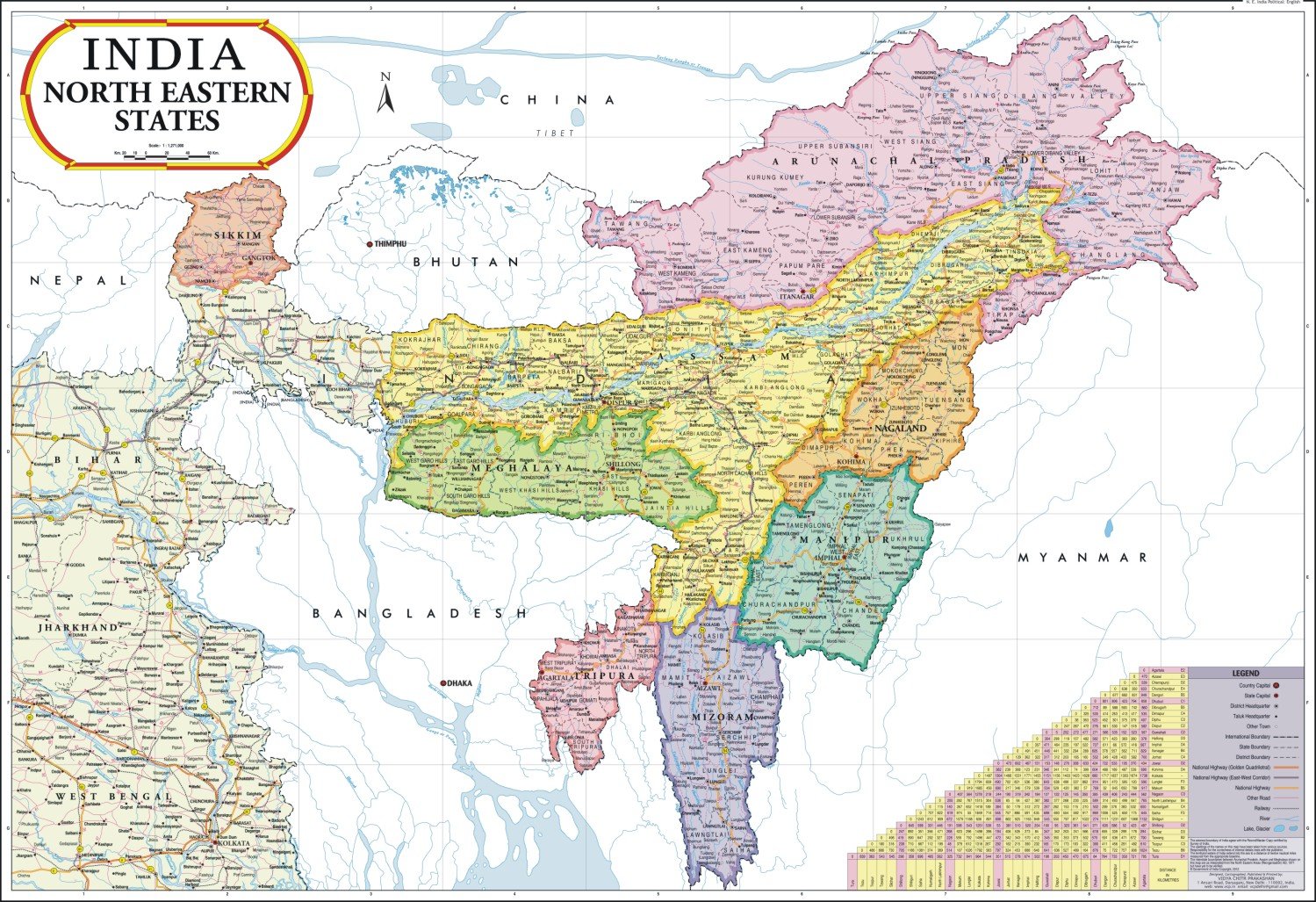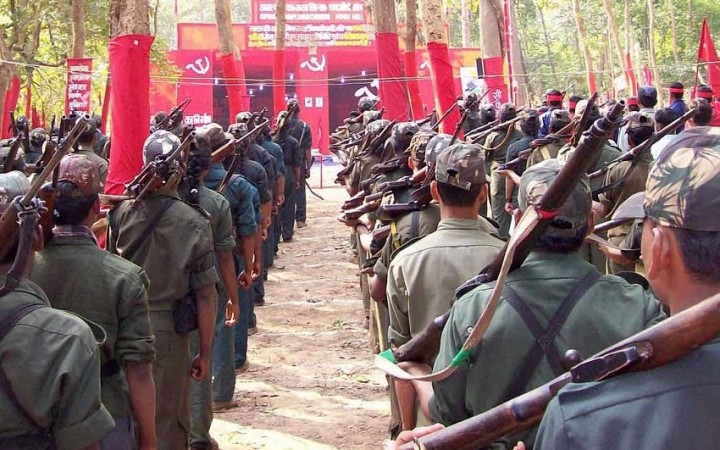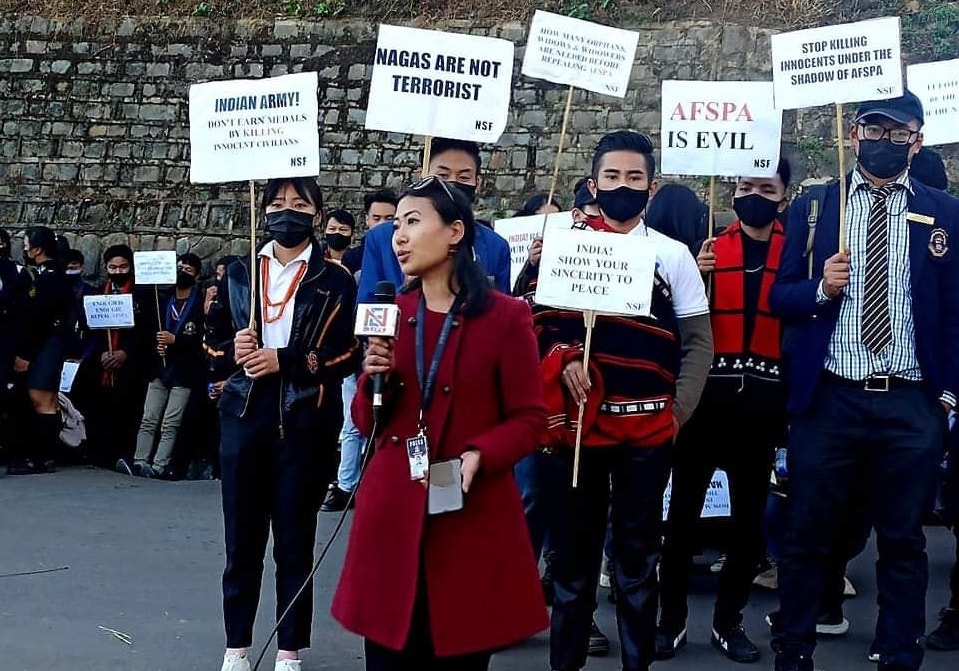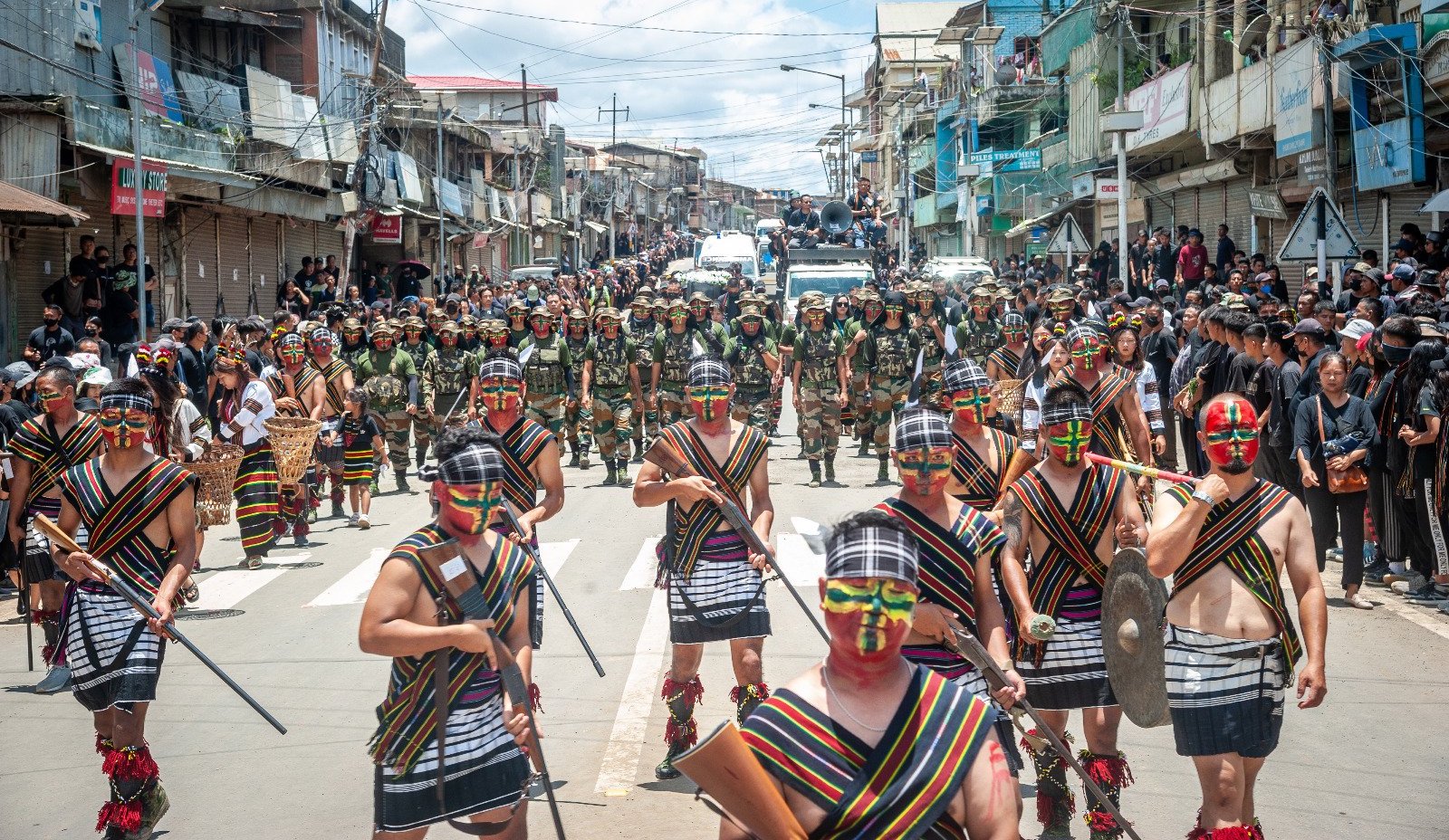
Manipur tribal leaders reject ‘dialogue’
The Indigenous Tribal Leaders Forum in India’s northeast state of Manipur announced that it has rejected “any offer of dialogue” with the state’s Chief Minister N. Biren Singh. The ITLF said the chief minister’s stated intention of reaching out to stakeholders following a meeting with India’s Home Minister Amit Shah “comes too late after the loss of so many innocent lives and properties and the untold hardships faced by the Kuki-Zo tribals; there is no point in talking about peace without a political solution.” Singh, of India’s ruling Hindu-nationalist BJP, is accused of inaction or outright collaboration in attacks during weeks of violence between the Hindu Meitei community and the mostly Christian and animist Kuki and Naga peoples. (Photo: Kuki-Zo warriors march in Lamka (Churachandpur), via Twitter)




